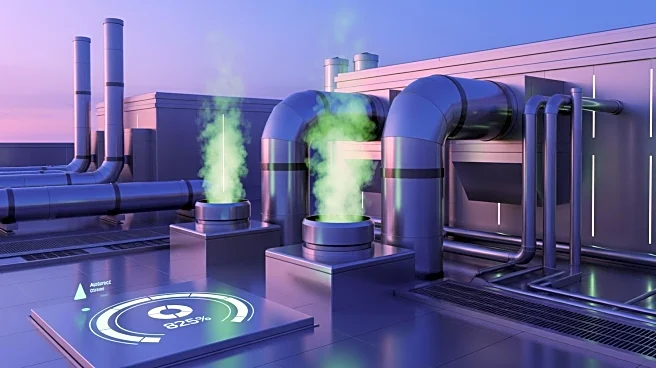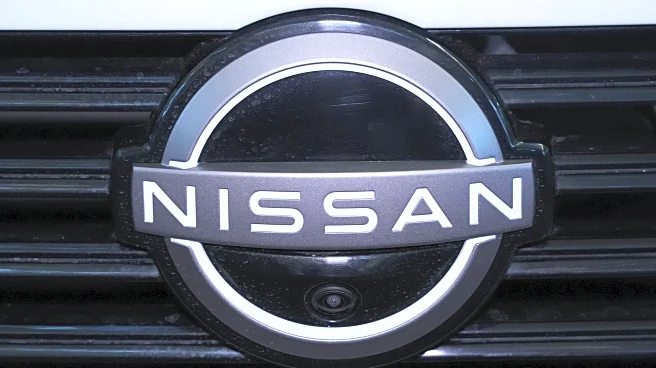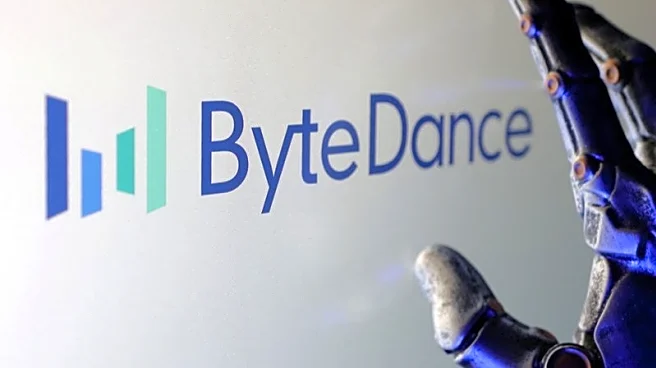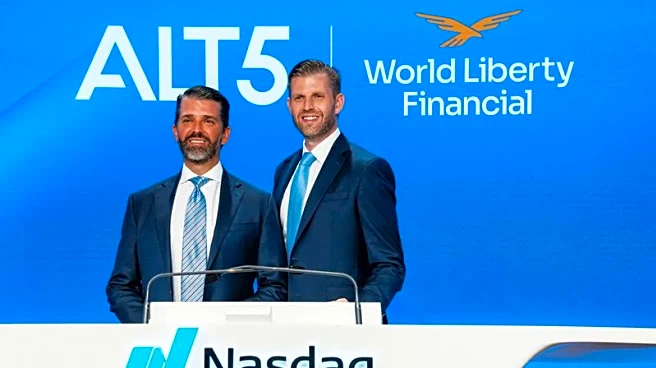What's Happening?
PepsiCo, Nike, and Heineken are taking significant steps to reduce industrial emissions. Nike is transitioning some of its suppliers from coal to biomass, while Heineken plans to install a 100-megawatt heat battery at a brewery in Portugal to reduce reliance
on fossil fuels. PepsiCo is investing in biomethane gas production from organic waste at its facilities. These initiatives are part of broader efforts to address industrial emissions, which account for a substantial portion of greenhouse gas emissions in the US.
Why It's Important?
Reducing industrial emissions is critical for mitigating climate change and achieving sustainability goals. The actions taken by these companies demonstrate leadership in environmental responsibility and could inspire other industries to adopt similar practices. By investing in innovative technologies and renewable energy sources, these companies are not only reducing their carbon footprint but also potentially lowering operational costs in the long term. This shift towards sustainable practices is essential for meeting global climate targets and ensuring a healthier environment.
What's Next?
Nike, Heineken, and PepsiCo will continue to explore and implement new technologies and strategies to further reduce emissions. The success of these initiatives may encourage other companies to invest in similar technologies, potentially leading to widespread adoption of sustainable practices across industries. Monitoring the effectiveness and scalability of these solutions will be crucial for future developments in industrial decarbonization.


















